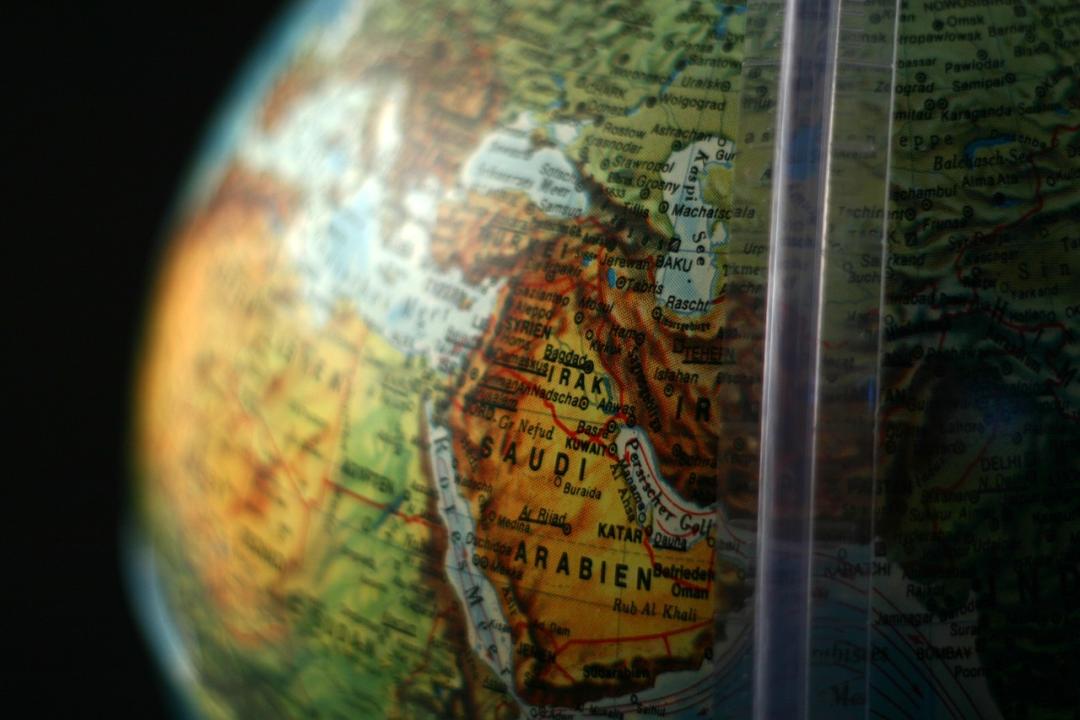
South Caucasus Looks Towards GCC

The relations between the South Caucasus and the Gulf Cooperation Council (GCC) range from trade and investments to geopolitical calculations. As an established geopolitical pole in Eurasia, the GCC is increasingly seen by Tbilisi, Yerevan, and Baku as a crucial partner for achieving their strategic goals in an era where reliance on a single foreign actor is fraught with risks.
In the new global order, Eurasian countries of all sizes are actively diversifying their foreign relations. Regions that once seemed distant from each other are now seeking closer ties to foster economic and investment partnerships, which ultimately lead to greater geopolitical engagement. The South Caucasus and the GCC, which include Saudi Arabia, Kuwait, the United Arab Emirates (UAE), Qatar, Bahrain, and Oman, are two such examples.
Historically, the South Caucasus has not been a significant region for the GCC states due to geographical separation and limited economic opportunities. Since the collapse of the Soviet Union, the region has been embroiled in the Russia-West competition, leaving little room for the Gulf monarchies to expand their influence. However, this dynamic is rapidly changing.
Firstly, the South Caucasus is gaining international importance, especially due to the war in Ukraine, which has pushed the Eurasian countries to develop the Middle Corridor. This route, running from the Black Sea and Turkey through Georgia and Azerbaijan to Central Asia and Xinjiang in western China, is the shortest land link between the EU and China, two of the continent’s largest economies.
Secondly, amid the war in Ukraine, yet another geopolitical shift that pushes the GCC and South Caucasus closer is Russia's decreasing influence along its southern borders. This has given Armenia, Azerbaijan, and Georgia more freedom to pursue a multi-vector foreign policy.
Since the early 2010s, Georgia has been actively promoting its economic and investment interests with the GCC states. While the GCC states have been cautious about investing, big, broader geopolitical motives are driving their growing interest in Georgia and the South Caucasus' emerging energy and transport corridor. Georgia has opened embassies in Qatar and Saudi Arabia and announced plans for initiating a diplomatic mission in the UAE. The GCC countries have consistently supported Georgia’s territorial integrity since the 2008 Russian occupation of 20% of the Georgian territory.
Georgia has pushed for free trade agreements with the UAE and Saudi Arabia. Talks are ongoing, following the signing of a comprehensive economic cooperation agreement with the UAE in October 2023. This agreement, along with allowing tariff-free exports of over 97.5% of Georgian products to the UAE, aims to boost trade, which reached over $400 million in 2022, more than double the previous year's figure.
In January, Georgia and Saudi Arabia signed an agreement to establish an Intergovernmental Coordination Council, while in February, Tbilisi hosted the Georgia-Saudi Arabia business forum, where agreements on industry, energy, and culture, focusing on water and solar energy projects, were reached.
Azerbaijan has closer ties with the GCC due to the country’s oil and gas sector and broader involvement in the geopolitics of the Middle East, namely, relations with Israel and a stable but tense relationship with Iran. Azerbaijan-GCC relations are growing in investments and trade, supported by the 2024-2028 Joint Action Plan for joint investments and trade expansion.
In January, UAE President Mohammad bin Zayed Al-Nahyan visited Azerbaijan to discuss economic and energy partnerships, resulting in a Memorandum of Understanding to develop Azerbaijan’s digital infrastructure. The Gulf countries are among Azerbaijan's leading investment sources, with trade between the UAE and Azerbaijan reaching $980 million in 2022 and expected to grow further. More recently, a $1 billion investment fund was established between the UAE and Azerbaijan, focusing on clean energy, agriculture, pharmaceuticals, and technology. The Abu Dhabi National Oil Company (ADNOC) secured a 30% share in the Absheron gas field, expected to supply six billion cubic metres of gas annually to Europe by 2027.
In November 2023, Armenia and Saudi Arabia established diplomatic relations, culminating a process that began with Armenian President Armen Sarkissian's visit to Saudi Arabia in 2021. Armenia seeks investments and trade with the GCC to adjust to geopolitical shifts since its 2020 defeat in the Second Nagorno-Karabakh War. The UAE was Armenia's second-largest trading partner in 2023, with $2.8 billion in total trade, including $2.2 billion in exports from Armenia, primarily gold and jewelry. The UAE also became the top foreign direct investor in Armenia, surpassing Russia for the first time.
The growth in trade can be attributed to Armenia's role as a link to the Eurasian Economic Union (EAEU). Commercial ties are expected to grow, with ongoing negotiations for a bilateral trade and investment agreement and the EAEU's push for a free trade agreement with the GCC countries.
Thus, expanding ties between the South Caucasus and GCC reflect changes in world order when Western influence is balanced by China, Russia, and other Eurasian actors. Moreover, Russia’s position in the South Caucasus is not as powerful as before 2022. Geography too favours GCC-South Caucasus connectivity, largely because the latter on the map is a natural geographic extension of the Middle East.
Armenia, Azerbaijan, and Georgia are now looking beyond their traditional neighbors to the Middle East, driven by geopolitical momentum and the GCC’s rising global role. This multi-alignment in foreign policy reflects the regions' efforts to navigate between major powers without being overly dependent on any single actor.
Emil Avdaliani is a professor of international relations at European University in Tbilisi, Georgia, and a scholar of silk roads.
See Also


From Neorealism to Neoliberalism: Armenia’s Strategic Pivot in Foreign Policy After the Nagorno-Karabakh Conflict

Georgia and Russia: New Turn in Bilateral Relations

3+3 Initiative as a New Order in the South Caucasus

Economic Cooperation Between Armenia and Georgia: Potential and Challenges Ahead

